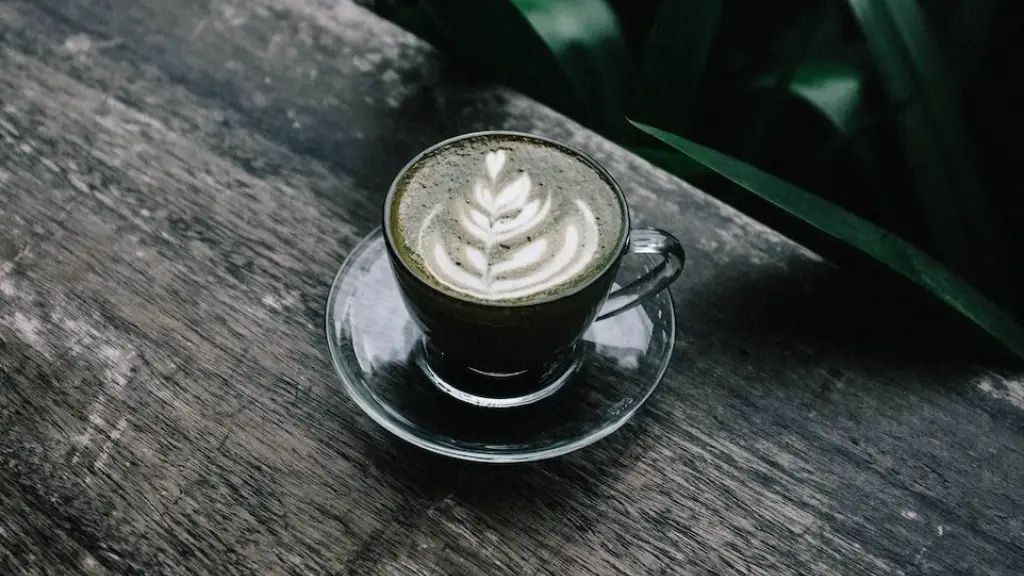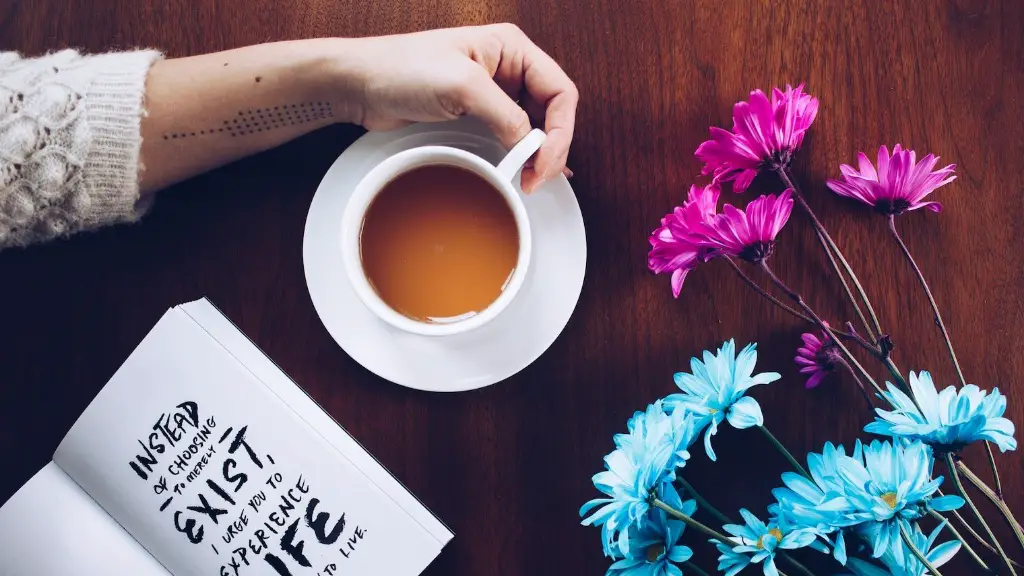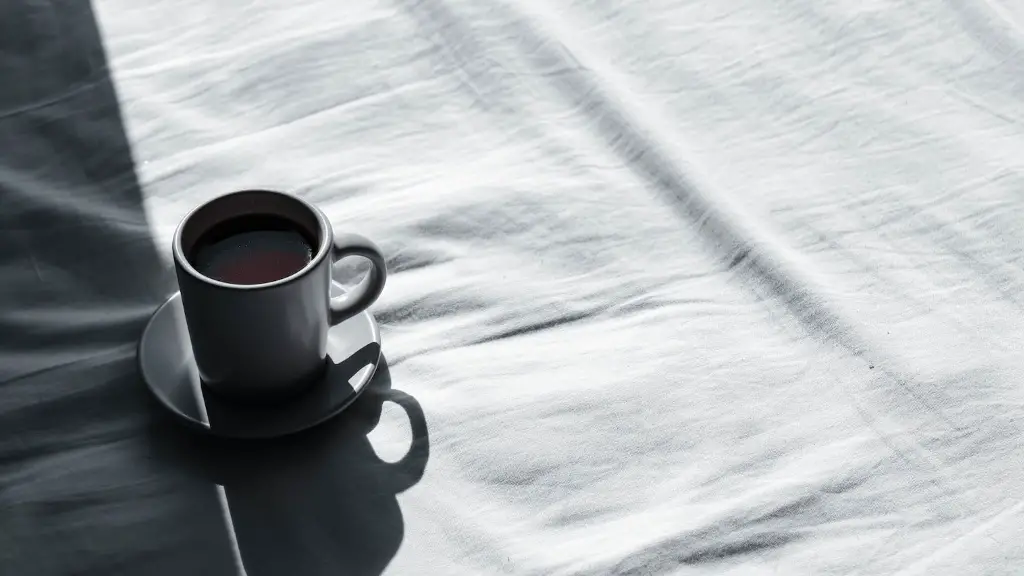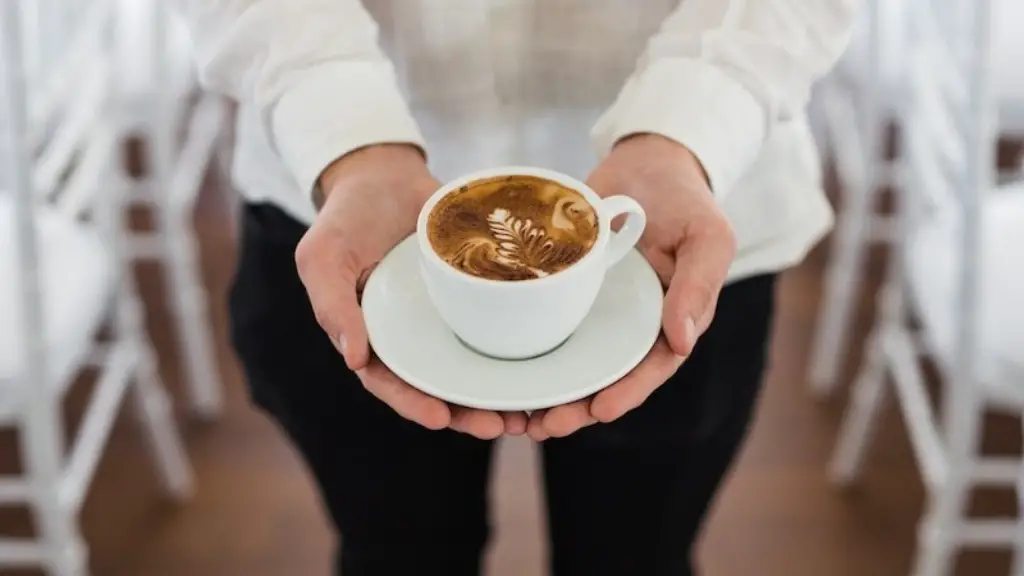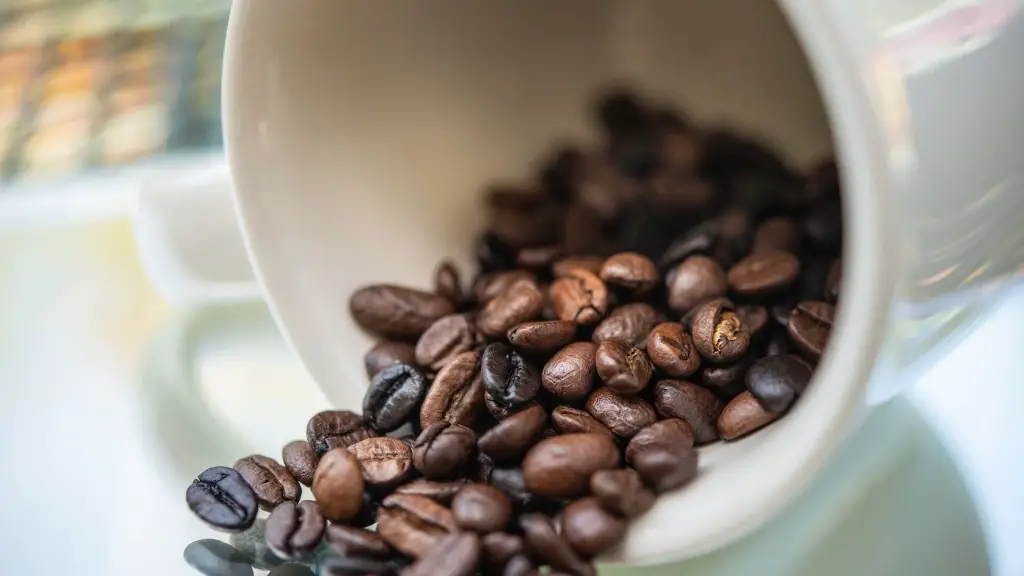As a society, we often love to indulge in social gatherings that involve drinking alcohol and coffee. After a night of relaxing, drinking alcoholic beverages with friends, it is not uncommon to crave a hot cup of sweet-smelling and -tasting coffee to finish off the evening. But can you drink coffee after drinking alcohol?
The short answer is yes, you can drink coffee after consuming alcohol, though it is important to remember that caffeine is a stimulant and can possibly increase the impact of alcohol. There are several things to consider before indulging in both drinks in the same night, such as how much alcohol you’ve consumed and what type of coffee you’re drinking.
According to Harvard Health Publishing, there have been studies that have found that drinking between one and four standard alcoholic drinks can impair driving ability, but having a cup of coffee after can reduce the level of impairment.
A standard drink is defined as 12 ounces of beer, five ounces of wine, and 1.5 ounces of 80-proof liquor. So, if you drank one or two beers and then had a cup of coffee, you could expect a slight improvement in your driving ability after the coffee. However, if you had more than two drinks, the coffee wouldn’t do much to help. The caffeine might even make you feel better, but that doesn’t mean you’re sober.
It is also important to remember that coffee is a diuretic, which means that it makes you urinate more often. Drinking coffee after drinking alcohol can make you even more dehydrated than you already are, which can be dangerous. Since caffeine is a stimulant, it can also make it harder for you to sleep after drinking, so you might be better off drinking some water before bed.
Alcohol can also have an impact on your digestion when combined with caffeine. Mixing alcohol and caffeine can cause stomach irritation and inflammation, which can lead to heartburn and indigestion. Alcohol can also reduce the amount of magnesium and potassium in your body, which can make you feel more tired and sluggish.
Experts suggest that the best way to minimize the impact of drinking alcohol and coffee together is to drink them in moderation. By limiting how much alcohol you consume and how much caffeine you drink in one night, you can reduce the negative effects of both drinks.
Short-term Benefits
One possible short-term benefit of drinking coffee after drinking alcohol is that it can help counterbalance the effects of the alcohol. Caffeine is a stimulant that can act as a sobering agent, helping to counteract the depressant effects of alcohol.
Studies have found that coffee can help reduce the effects of a hangover, including headache and fatigue. A cup of coffee may also help to clear your head and improve concentration by providing a boost of energy.
Coffee can also boost your metabolism, which can help burn off some of the calories you consumed while drinking alcohol. This can help your body process the alcohol more quickly, potentially reducing the duration of the hangover.
Additionally, drinking coffee after drinking can help reduce the amount of alcohol in your system. Coffee can help the liver to break down the alcohol faster, so that it doesn’t stay in the body for too long and can be flushed out quickly. This could help to reduce the chances of experiencing a hangover and other long-term effects of drinking alcohol.
Long-term Effects
The long-term effects of drinking coffee after consuming alcohol vary from person to person and can depend on the levels of alcohol consumed and your overall health.
Consuming too much alcohol and caffeine can have an adverse effect on your health, especially if consumed in excessive amounts. Studies have shown that excessive alcohol consumption, combined with caffeine intake, can increase the risk of developing certain types of cancer such as breast, colorectal, and esophageal cancer.
It is also important to remember that coffee can be addictive, and that drinking coffee and alcohol together can increase the risk of developing an addiction to either or both substances. If you find yourself drinking coffee and alcohol in excess or feel like you are dependent on either or both substances, it is important to seek professional help.
Finally, it is important to remember that drinking coffee after drinking alcohol can interfere with the body’s natural healing process. Drinking coffee can cause dehydration, which can make it harder for the body to recover from the effects of alcohol.
Conclusion
Although it is possible to drink coffee after drinking alcohol, it is important to remember that drinking them together can cause long-term damage to your health. It is best to drink them in moderation and to consult a doctor if you feel like you’ve become dependent either on the alcohol or the caffeine.
